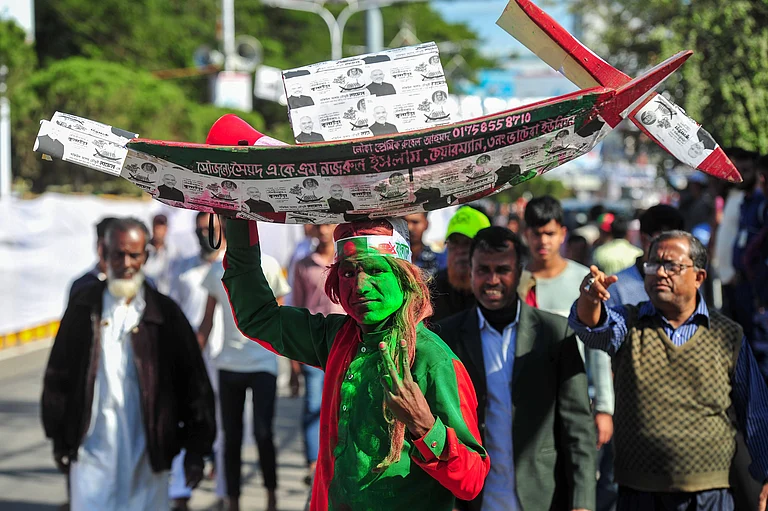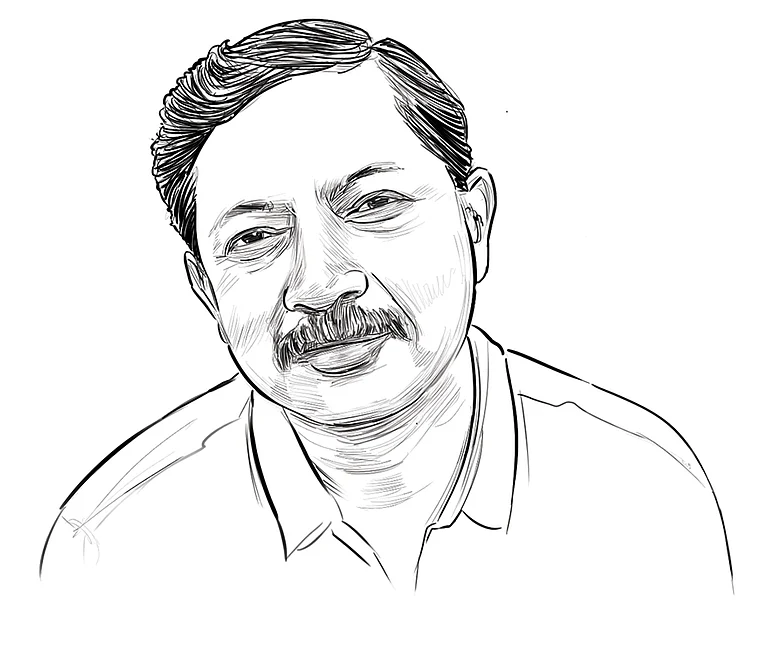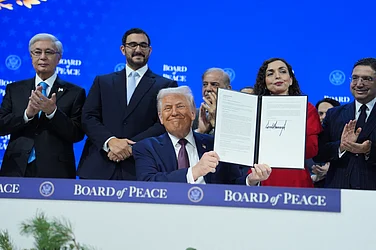An explosion near the Taliban's foreign ministry in Afghanistan's Kabul killed five persons on Wednesday and injured several others.
The AFP initially reported that a suicide bomber detonated a device near the ministry and as many as 20 casualties were feared in the explosion.
Reuters cited Kabul's police spokesperson Khalid Zadran as saying that the blast hit the ministry at around 4 pm local time.
Zadran said "five of our civilians were killed and a number of others were wounded". He did not offer any other detail.
A photograph of the site of the attack shared online shows at least six dead persons.
AFP driver Jamshed Karimi said, "I don't know how many of them were dead or injured. I saw the man blow himself up."
Retuers noted that the blast took place in a "heavily fortified area surrounded by checkpoints on a street housing several ministries".
This is not the first time a high-profile target has been hit in the Taliban-ruled Afghanistan. All three of the strongest backers of the Taliban —Pakistan, China, Russia— have been targeted in Kabul.
While embassies of Pakistan and Russia have been attacked, a hotel frequented by Chinese businesspersons was attacked. The terrorist group ISIS claimed the attack on the hotel.
On 5 September, an explosion at the Russian embassy in Kabul killed two and injured 15-20 persons.
On 2 December, Pakistan's Head of Mission (HoM) Ubaidur Rehman Nizamani was targeted by a gunman when he was taking a walk in the embassy compound. Nizamani survived the attack but the guard with him at the time was injured.
On 12 December, a hotel popular with Chinese businesspersons in Kabul's Shahr-e-naw area was attacked by gunmen.
The attacks on embassies and government ministry are significant as they highlight that the Taliban has failed to ensure security even in the most high-profile areas of the country.
Ever since the Taliban took control of Afghanistan in August 2021 after the Western-backed government collapsed, the Taliban regime has struggled to ensure security in the country. In recent months, dozens of people have died in a series of deadly bombings and shootings, including in the capital Kabul. Though responsibility was not claimed every time, the general suspicion lingers on the terrrorist group ISIS which is opposed to the Taliban's vision for Afghanistan and is lodged in a tussle with it.
(With AP inputs)


























